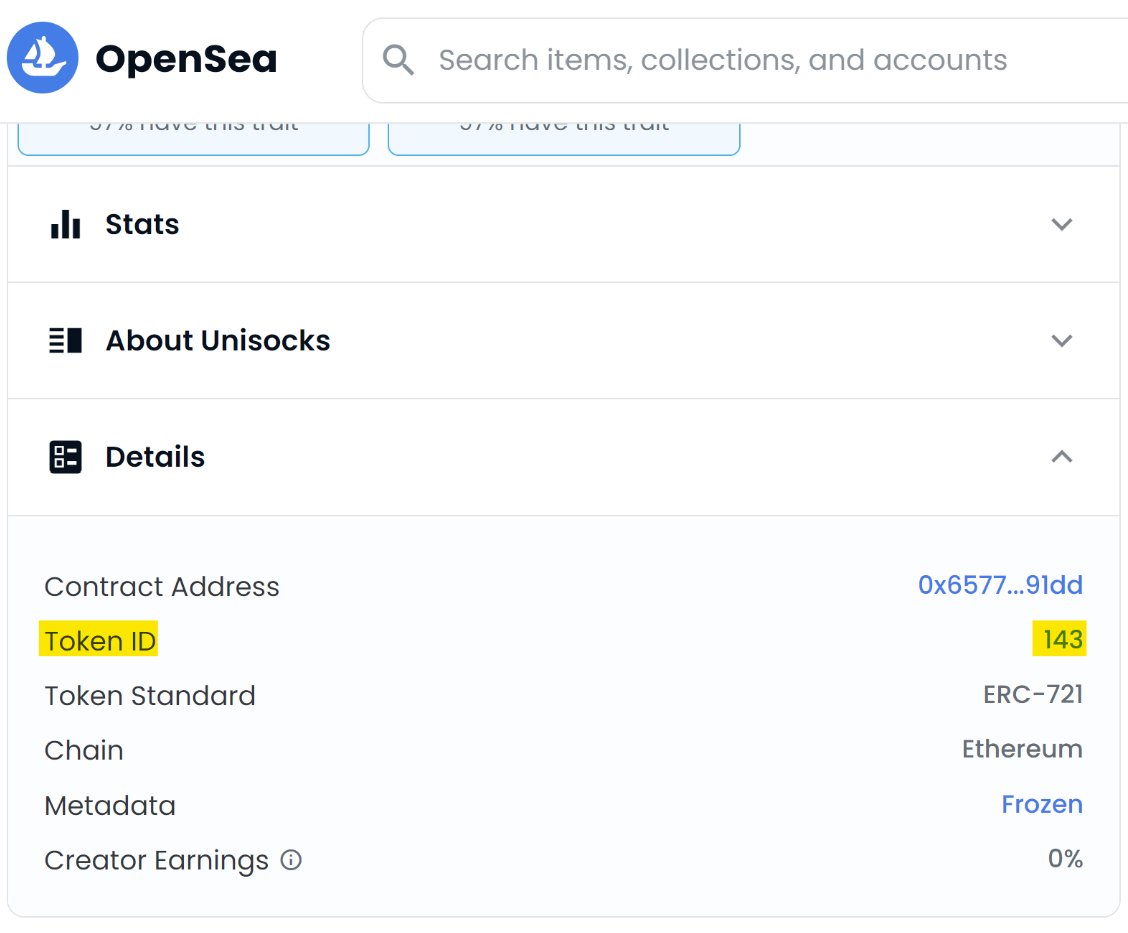Today, we are excited to introduce a new contract to the Decent Protocol: Series!
Series is Decent’s 1155 NFT contract designed to enable maximum flexibility and ease of use for collectors. It includes all of the functionality of Decent’s Editions, 721A, contract - like allowlists, token gating, soulbound, and airdrops - and introduces a handful of new features including:
Currency Oracles
Series leverages Chainlink so that NFTs can be priced in terms of non-ETH assets. The base Series contract enables creators to price their NFTs in USD; however, developers can swap price feeds for alternative currency or token data feeds. This feature is particularly important for creators and developers targeting generally web2 audiences and for creators who do not want exposure to ETH volatility. If you’d like to account for all your revenue in dollar terms, this contract is for you!
Creator Contracts
Series enables full collections to exist on single token ID’s. For example, with Editions, NFT #1 in a collection corresponds to just one NFT. However, with Series, NFT #1 could be an Open Edition, containing thousands of NFTs. Creators can mint one collection on token ID #1, and come back to add another on token ID #2, and so on and so forth. This is really exciting because:
It is free to add a new collection to an existing Series contract; creation without overhead
Series contract pages can represent the full portfolio of a creator across all aggregating marketplaces. Check out our team’s demo of what a creator contract would look like on OpenSea (pay attention to the “More From This Collection” feature!).
Fee Manager
Series is the first Decent contract that can be deployed with a minting fee! Fees can be generated on each primary sale and are highly customizable so that creators and developers can elect to charge a flat fee or transaction percentage on each mint. Like all Decent contracts, the fee manager natively supports 0xSplits so that fees can be easily shared between multiple recipients without any additional transactions. Fees are updatable so that creators and developers can re-price their projects as appropriate.
Music Albums
Since each token ID can host a collection of unique songs, Series are the ideal candidate to host music albums. Put a 10 song album on a single contract with multiple editions per song!
Updatable Pricing
Not happy with the sales of your NFT? Change the price! Series’ design prioritizes flexibility above all else.
Drops
Easily put unique metadata on each token ID to create your next 10K PFP-style release!
Batch Minting
Mint NFTs across token IDs in one transaction. With Editions, batch minting means minting several of the same NFT. With Series, batch minting can mean minting a set of unique NFTs all at once.
SERIES VS. EDITIONS
The first question likely jumping to mind is: what’s the difference is between Series, our 1155 contract, and Editions, our 721A? Aside from the unique Series features mentioned above, Series has some important technical differentiation.
A quick definition of each contract type:
Editions | 721A:
The ERC-721 standard is your standard NFT contract. Each token on a 721 contract exists on a unique token Id and cannot be replicated.
A brief tangent: a token Id is just the token number in a collection. For example, if you own token #143, that number appears in the NFT details on OpenSea because it is the Id on which this NFT appears.
Because each token is unique, the 721 standard also enables you to return the owner(s) of a specific token.
The 721A contract was introduced by the Azuki team as a highly gas-optimized extension of the standard 721
Series | 1155:
The 1155 token standard combines the best of ERC 20 tokens (’currency token’ standard) with ERC 721 NFTs.
Each token Id on an 1155 contract can store an infinite number of individual tokens. 721 NFTs are provably unique because there is only one token on #143; however, with 1155’s NFTs are semi-fungible because there could be 10M tokens on #143.
The 1155 contract also notably enables batch transfers of NFTs. With 721 NFTs, each token has to be transferred individually, meaning it would take four separate transactions to move four 721 NFTs from one wallet to another. With 1155’s, four NFTs could be transferred in one transaction, introducing significant efficiency gains for applications.
1155’s support the creation of both fungible and semi-fungible tokens. ERC20 and 1155 tokens can be seamlessly converted between one another.
1155’s include a couple other interesting differences; however, they are less obvious to collectors. For more details on the 1155 token standard, we recommend this blog post from the Alchemy team.
Series vs. Editions:
Use Editions if there is a premium on an asset’s “uniqueness.”
Use Series if there is a premium on application efficiency.
*🌶️ warning:* although NFTs and their initial became popular via non-fungibility, most NFTs in circulation today are at least semi-fungible.
Series is designed to give creators and developers as much control over their contracts as possible. We’re excited to see what you create! To get started, please visit our documentation to deploy your first Series NFT!



